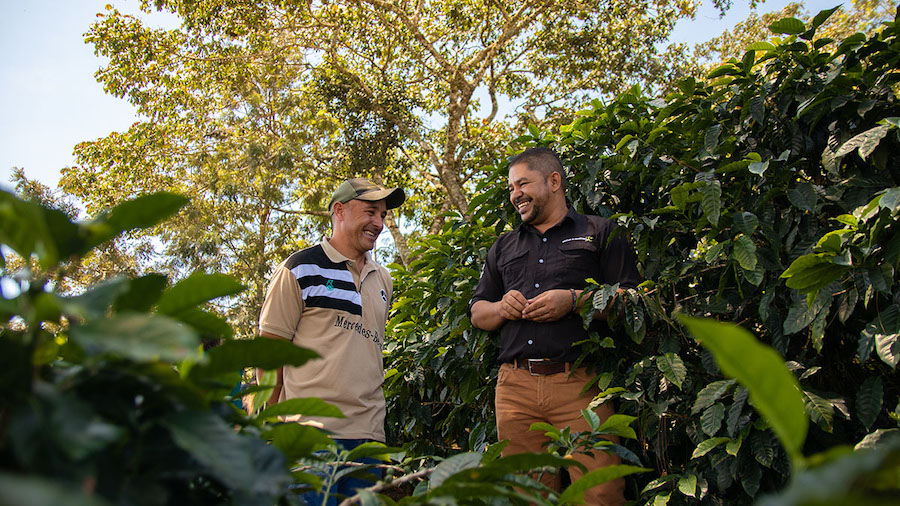Climate change is already having an impact on yields and quality in coffee. Finding sustainable solutions to ensure the long-term viability of the crop is critical. Among various approaches, carbon markets have potential to address the specific challenges faced by smallholders in producer countries.
Participation in carbon markets can provide smallholders with incentives to adopt sustainable agricultural practices that capture carbon emissions, the primary driver of climate change, and help them adapt. Techniques, such as agroforestry, help smallholders mitigate climate change and become more resilient to its effects.
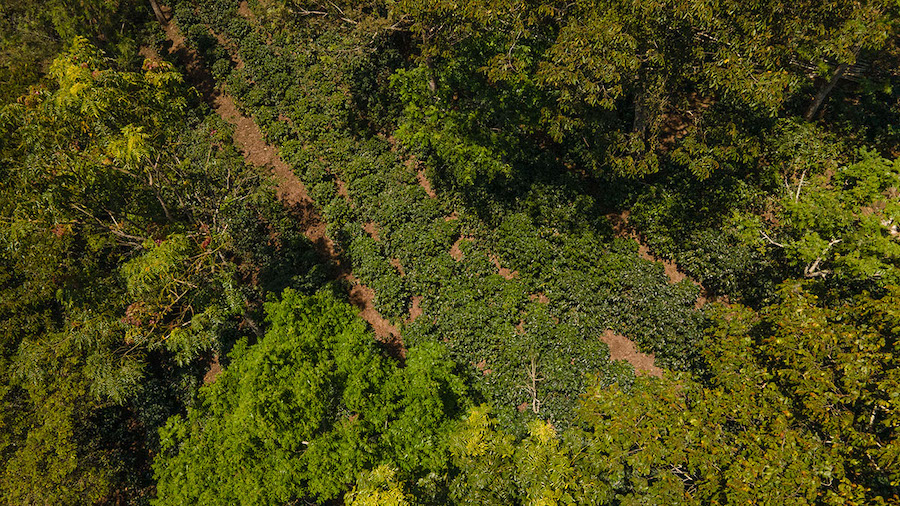
The approach has several benefits. First, it provides financial support to smallholders, who often lack the resources to invest in sustainable practices. Second, it provides incentives for companies along the chain to take responsibility for their emissions and actively work to reduce them. Finally, it promotes collaboration, encouraging knowledge and innovation. Participation in carbon markets and the associated incentives gives every stakeholder along the supply chain an opportunity to get involved.
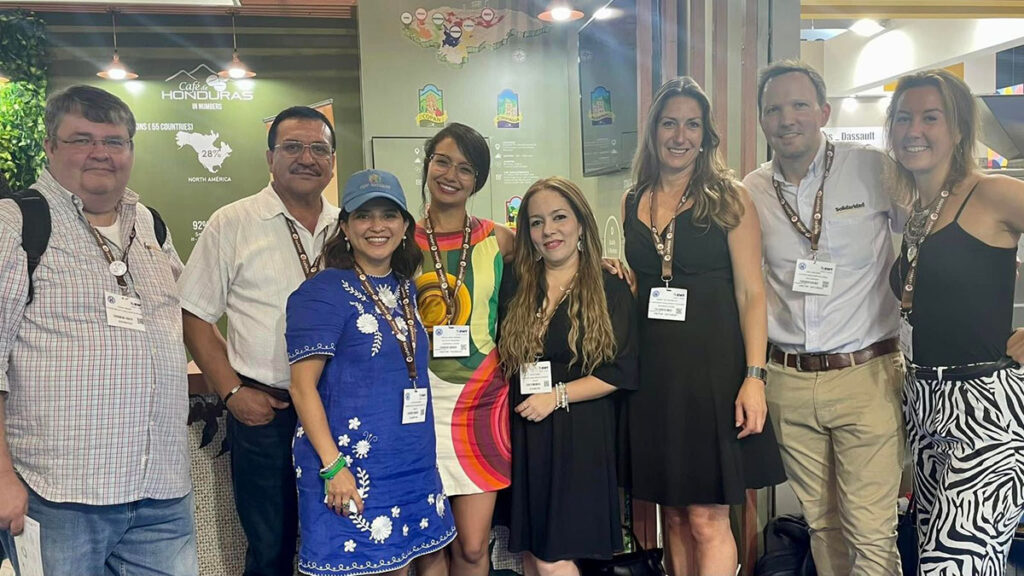
Minimizing the cost of carbon schemes, maximizing the value for smallholders
The World of Coffee event features workshops and seminars from recognized experts in the field on topics ranging from sustainable agricultural practices, to roasting techniques. Joel Brounen, Manager of Solidaridad in Colombia, joined Isabel van Bemmelen of ACORN Rabobank, Niels Haak of Conservation International, and representatives of Mercon Coffee Group and Lavazza to discuss the current challenges and opportunities to develop carbon reduction strategies where all stakeholders benefit.
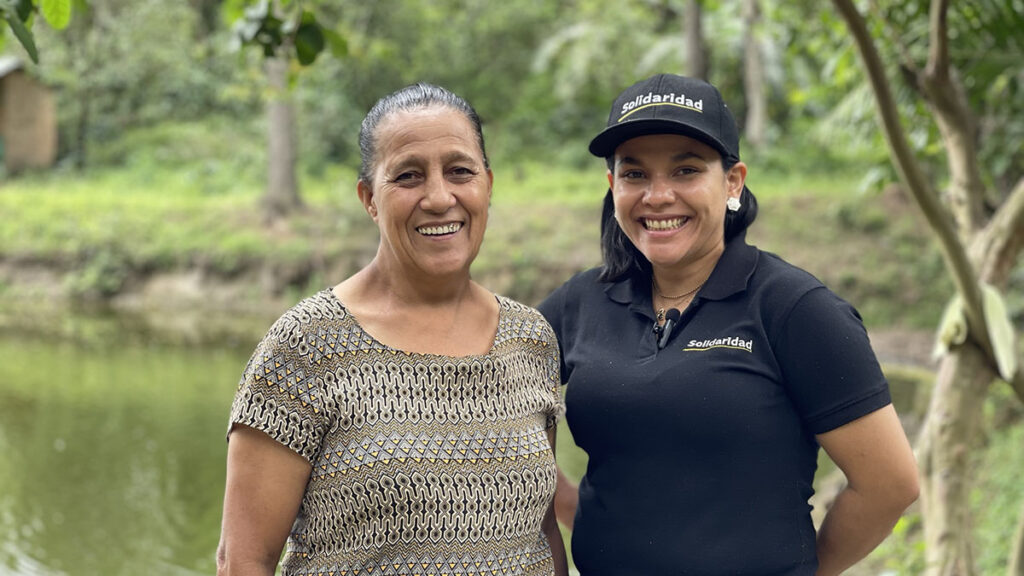
Carbon markets have shown great potential to finance climate action on coffee farms and achieve carbon neutrality if small-scale farmers are able to participate. There are two approaches to achieving climate neutral production:
- Offsetting: Consists of compensating for greenhouse gas emissions by investing in projects that reduce or eliminate an equivalent amount of carbon emissions from the atmosphere.
- Insetting: Focuses on directly reducing emissions within the value chain rather than relying on external projects.
The panel discussed the advantages and limitations of both mechanisms, and highlighted how climate concerns are influencing purchasing decisions. Panelists shared examples and some of the steps companies can take to minimize the costs of carbon schemes and maximize their value to their smallholders, for example the Dream Fund programme.
Reaching more smallholders
It is important that smallholder coffee farmers are included in discussions that affect the sustainability of the global coffee sector. At World of Coffee, many producer representatives join with other coffee professionals from all around the world to connect, exchange ideas, and create partnerships that could shape the future of the industry.
Maaike Schoonejans, Solidaridad’s Corporate Relations Manager, and Sofía Núñez, Manager of Solidaridad in Honduras, participated in working groups and sectoral meetings to advocate for access to carbon markets for coffee smallholders, inclusion in the sector, and other relevant issues for the value chain. The Honduran national delegation invited Solidaridad to act as an agent of change in the sector helping advocate for smallholders.
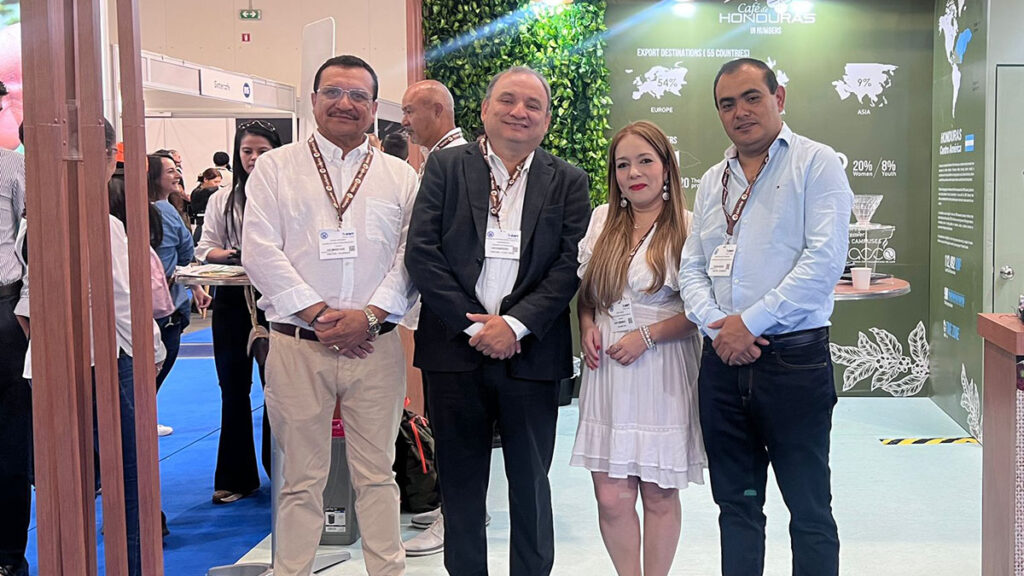
The carbon market offers an innovative approach to fighting climate change while supporting sustainable development in the coffee industry. By providing financial incentives and promoting collaboration between stakeholders, this approach has the potential to create lasting positive impacts on both environmental conservation and economic growth within this important sector.
Sofía Núñez, Manager of Solidaridad in Honduras.

